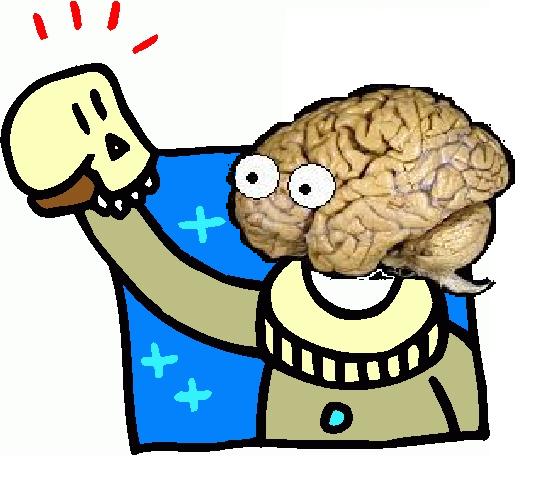“Could I ask everyone to please take their seat? The Memory Ensemble will begin momentarily.”

If I told you that a theater company and a medical school collaborated to produce one of the best plays of the year, would you believe me?
Probably not, because this is not the case. However, this unlikely partnership of industries did produce a substantial therapeutic program for people who are currently suffering the cognitive deficits associated with dementia.
Based on the theory of cognitive reserve – or the brain’s resilience to neuropathological damage – it is widely hypothesized that creative and interactive activities, such as painting, singing, and acting, would help patients maintain their cognitive functions for as long as possible.
With this hypothesis and the guidance of the Lookingglass Theater Company, the Feinberg School of Medicine at Northwestern University formed the first-ever “Memory Ensemble.” The cast included six elderly patients suffering from early stages of memory loss, a common symptom attributable to various types of dementia.
Quoted as “one of the first-of-its-kind,” the directors of this production sought to design a program that would improve the quality of life for these patients by setting up a safe and supportive environment. With the serene scene set, patients were encouraged to express every emotion and/or words associated with their neurological deficits to help them alleviate any pains or questions of uncertainty accompanied by these disorders.
As a part of a seven week pilot study, the ensemble would meet and participate in various cognitive activities, including an impromptu-style of acting that actively engaged the patients both physically and mentally. As a baseline measure, metaphor-based warm-up exercises prompted the patients to choose a color that symbolizes their current emotional state. Prior to their regularly scheduled regime, the patient’s reports ranged from a happy sunny yellow to a melancholy blue. Nevertheless, after a stretching routine, body-sculpting exercises portraying various feelings, and an active discussion of the hardships involved with their disorders, all of the patients were quick to describe their emotional state at the end of the workshop as a happy yellow.
Although these patients verbally reported an improvement in their quality of life within the given time period, it was noted that this qualitative research study could not quantitatively provide evidence in support of their hypothesis. Thus, a lack of evidence from this study could be detrimental to implementing this therapeutic program in hospitals across the US simply because of the lack of funding.
Though not discussed in this article, pre- and post-study fMRI scans and intermittent neuropsychological tests could provide quantitative insight on whether or not such a therapeutic program significantly contributes to the patient’s cognitive reserve. Pre- and post-study fMRI scans of the patients performing these neuropsychological tests can be compared to control subjects, as well as across-patients and within-patients, in order to identify the statistical differences between the patterns of activity associated with each task. Other measures, such as reaction time, can also be recorded to correlate with the patients behavioral performance to provide more information and insight on whether or not this is an effective prevention program.
Despite this predicament, I must say that I am very impressed and optimistic about this new style of therapy because it helps the patient positively cope with such a disastrous and unfortunate mental disorder. In the future, I hope that quantitative measures, as discussed before, will be implemented to help facilitate and disambiguate the uncertainty pertaining to dementia-related research.
Trying Improv as Therapy for Those with Memory Loss – Chicago News Cooperative – NYTimes.com
Cognitive Reserve – Dr. Yaakov Stern (2009) – Neuropsychologia (PDF)
August 8, 2010
Cool study that you wrote about, Evan! Seems like you put a lot of thought into it. And the followup potential using fMRI sounds very sophisticated and creative. I would encourage you to look at studies that recruited participants from the Advanced Cognitive Training for Independent and Vital Elderly (ACTIVE) initiative. Instead of more social types of activities, they had older, non-demented adults train on memory-type activities (i.e. memory games) or processing-type activities (such as reaction time) and found improvements in both categories. They found that improvements were domain specific (processing speed training did not convey to an improvement in cognitive scores). So an additional question to ask concerning the study above might be, ‘does an improvement in mood also correlate with an improvement in cognition?’ It seems as though a ton of research still needs to be done on cognitive reserve. Good luck! The field needs more invested researchers such as yourself.